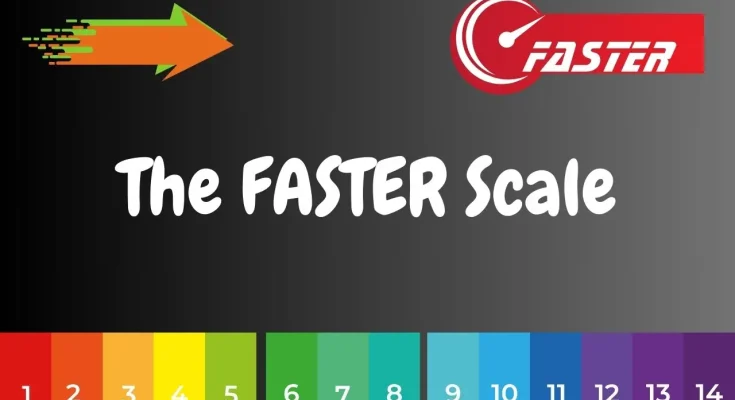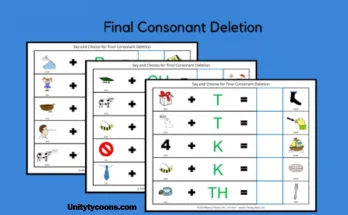It shows feelings connected to what you deeply think, helping stop going back to old habits. The FASTER Scale gives people like Joe the power to see what causes problems, depending more on God than old habits. Joe’s story shows each part of FASTER – being upset, worried, easily hurt, tired, hurt feelings from the past, and thoughts that make it OK – as he grows closer to God. By looking inside, people can become stronger and healthier, finding comfort in a group that helps. Knowing when old feelings may return before it happen, they accept change, moving toward lasting help and big change.
What is Addiction?
Addiction is a long-term sickness. It causes people to keep using drugs even when they harm them. Addiction affects all types of people no matter their age, money, or background. Different addictions include alcohol, drugs, gambling, or gaming. Its hold gets stronger even with bad results. It changes lives and relationships. It is important to understand how hard addiction is. This helps with good help and support. It harms mental and physical health. It causes wanting drugs again and again. With kindness and complete treatment, people can recover. Getting free needs strength, friends, and wanting to get better. This gives hope while fighting to be free from its control.
Power of Self-Awareness in Recovery
Knowing yourself is very important for addiction recovery. It helps you notice the things that make you want to use drugs or alcohol again, like feelings and situations. Thinking about yourself can help you plan what to do before these things happen. Understanding your thoughts and actions helps you deal with problems and stick to getting better. Knowing yourself lets you deal with cravings and other difficulties. It helps you commit fully to not using. Talking to yourself inside is continuous. It shows your weaknesses and strengths. By doing this inside talking, you grow stronger against addiction. You take care of yourself and find meaning and well-being in life.
Beyond the FASTER Scale
It can help, but looking at other ways to learn about yourself is good too. Mindfulness focuses on now, not stressing about things. Writing in a journal can show your thoughts and feelings over time. These methods help you see what makes you feel bad or act in certain ways. They help with dealing with problems in a whole way. Using different strategies together lets you learn more about yourself. That gives you the power to choose good ways to handle hard things. It supports doing well and not going back to old problems. This leads to feeling good and being healthy for a long time.
Exploration of the Scale
It is a way to remember six things that can lead back to addiction. Faster stands for Forgetful, Angry, Speeding Up, Tired, Exhausted, and Relapse. It shows feelings and actions that may mean trouble. Knowing these stages can help you see when you could start using again. And it can help you do something to stop it from happening.
Restoration
You start to feel better and in control again. This is called restoration.
Forgetful
You may forget to do the good things you did when you got better.
Angry
You feel mad and upset more easily. This could be because things did not work out like you hoped.
Speeding Up
It uses things that are not good for you to deal with sad feelings.
Ticked Off
This gets very mad and blames other people for problems.
Exhausted
You feel exhausted in your body and mind. This makes it more likely to go back to the bad things.
Relapse
You do the bad things again to deal with too big feelings.
Benefits of Utilizing
It helps people getting better from addiction. It works like an alarm, finding small changes in feelings and behaviors that may happen before starting again. When people know themselves better, they can stop issues before they get worse. Also, it gives people power over their recovery journey, building a feeling of being in charge and not giving up. The FASTER Scale gives people the understanding and things they need to stay away from drugs and alcohol and become better people.
Putting the FASTER Scale into Action
Use it every day. Check your feelings and see where you are on the scale. Find what causes you to feel lower on it, like hard things, feelings, or people. Learn good ways to deal with stress and hard feelings. Talk to people you trust or therapists when times are tough. Using the FASTER Scale helps you handle challenges. It helps you feel better over time.
Building a Strong Support System for Recovery
Getting better takes help from people you trust. Look to family, friends, counselors, and groups who understand what you face each day. Make deals with people to check on you and cheer you on. Join groups where others walk the same road. There you find advice and praise. With these connections around you, recovery has the best chance of lasting a long time. They gives you the strength to keep improving each day.
Utilizing in Group Settings
When in a group, It is a good tool to help everyone grow together. Talking openly about its steps helps everyone learn about themselves, and feel empathy and understanding for others. Knowing where you and others are makes it easier to share stories and support each other. Talking and thinking deeply about feelings gives the group wisdom about their emotions. This strengthens friendships and helps with working as a team towards feeling better and being well. It becomes very important for creating strength within the group and friendship.
Conclusion
As you work to feel better, remember that things get better bit by bit. Use tools like the FASTER Scale to learn more about yourself and ask friends you trust for help. Getting better is a long road with problems, but with time and help from others, you can overcome hard things. See tough times as chances to become stronger and better. By understanding yourself and getting help, you clear a path for a happier, more rewarding time ahead when you can do well and feel your best.




